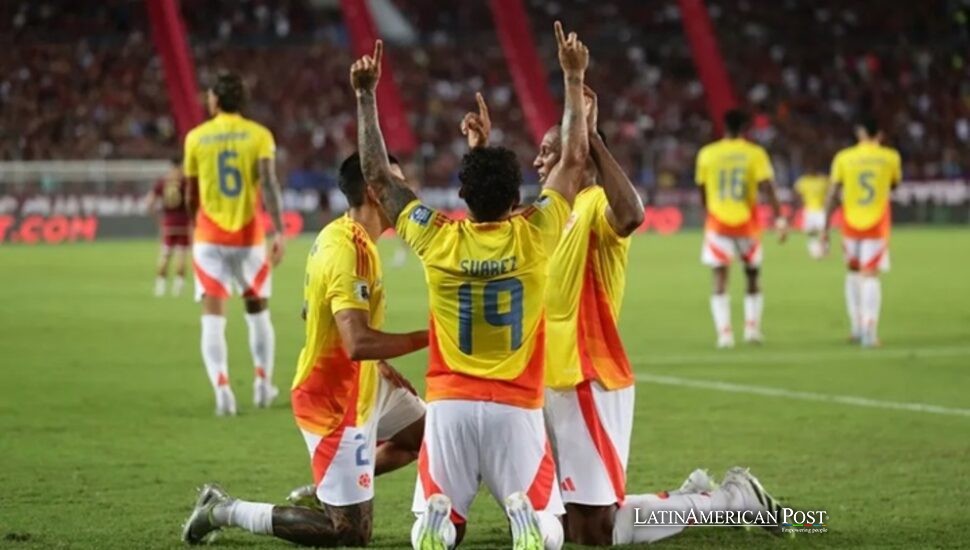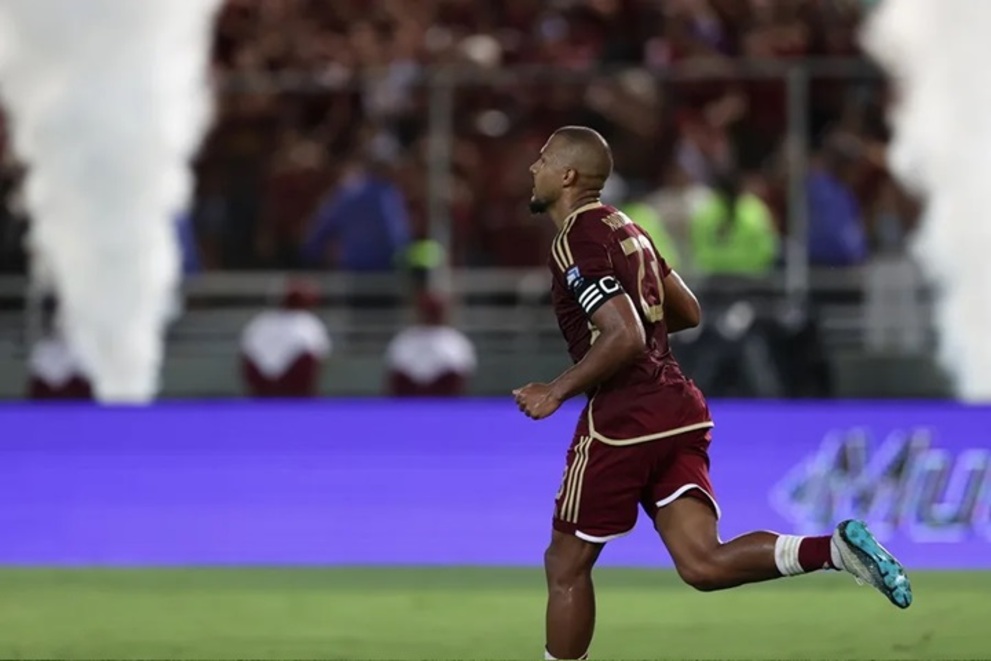Venezuela Football Reels from Colombia Collapse with Maduro at the Helm

A 6–3 defeat to Colombia in Caracas ended Venezuela’s hopes of reaching its first World Cup. Within hours, President Nicolás Maduro demanded sweeping changes, raising alarms about political interference and what it means for the Vinotinto’s fragile project.
A Night of Goals, a Morning of Politics
The unraveling happened quickly. Under the lights at Estadio Olímpico, Colombia poured in six goals, shredding a defense that had carried Venezuela’s campaign farther than many dared hope. The final whistle was followed not by mourning but by edict. By the next morning, Argentine coach Fernando Batista and his staff were dismissed, the Venezuelan federation echoing the president’s call for “restructuring,” a “strategy,” and a “line of combat and hard work.”
For Venezuelan football, the moment was both familiar and surreal—politics entering the locker room before the players had even cooled down. The expanded 48-team World Cup had been the most accessible ladder the Vinotinto had ever seen. They had fought through earlier matches with cohesion and resilience, earning respect in a region where every point is hard currency. The loss to Colombia brutally ended that climb. The sudden presidential intervention ended something else: the illusion that football, for once, might be left to football.
The bitterness was sharpened by contrast. Bolivia, backed by the thin air of El Alto and a dose of audacity, found one penalty goal to stun Brazil and book the playoff berth Venezuela had chased for months. Peru, long eliminated, also changed managers after a bleak campaign. In South America, endings are rarely gentle. Yet Venezuela’s dismissal carried the sting of politics more than sport.
When the President’s Coach, FIFA Notices
FIFA’s statutes are clear: national associations must run their own affairs without government interference. The rule exists to shield the game from politics, and federations have been suspended for far less—barred from tournaments, stripped of funding, frozen until autonomy is restored. Interference does not need to be formal. A court order, a ministry appointment, or a head of state publicly dictating technical changes all risk crossing the line.
That is the danger looming over Venezuela. When a president calls for restructuring and, hours later, the federation delivers the coach’s head, the sequence speaks louder than any press release. FIFA’s compliance officials tend to view such moments as red flags. The question is not whether Batista’s tenure justified a review. It is whether the decision appeared to belong to the federation or to the palace.
For a national team still chasing its first World Cup, the stakes are enormous. A suspension would not only erase years of patient building but also rob a generation of players of their platform. The Vinotinto have never been closer to breaking through. To stumble now—not on the pitch, but in the boardroom—would be an act of self-sabotage.
Dream Widened, Dream Deferred
The pain lies partly in timing. The 2026 expansion was designed to widen opportunity, and for Venezuela, it felt like destiny aligning. More berths for South America, another playoff lifeline, and a table increasingly marked by parity offered the best chance in the nation’s history. A fan base long accustomed to heartbreak finally allowed itself to believe.
But qualifiers in South America punish even minor lapses. Against Colombia, the goals arrived like waves too strong to resist. Defensive structure crumbled, adjustments faltered, and the scoreline swelled past humiliation. That it happened at home turned the loss into a crisis. Football’s rhythms are cruel: what was meant to be an arc of progress was judged instead as a catastrophe, and the project was cut down at its peak of visibility.
Bolivia’s triumph against Brazil, by contrast, highlighted the razor-thin margins of CONMEBOL. Ninety minutes can redraw the map. For Venezuela, those same ninety minutes erased months of incremental growth. The comparison sharpened the ache—proof that destiny had been within reach, only to slip away in a storm of goals and decrees.

EFE@Ronald Peña R
What the Vinotinto Needs Now
The path forward must balance urgency with restraint. Governance is the first test. The federation needs to demonstrate its control over its own process, including defining the profile for a new manager, conducting a transparent search, and clearly communicating that technical decisions are the domain of football, not politics. Without that clarity, FIFA’s shadow will linger.
Continuity matters too. Batista’s tenure, though ending in heartbreak, gave the team a more apparent identity: pressing triggers, more disciplined spacing, and a mix of veterans with emerging stars. Throwing all of that away would reset the clock. Refinement, not rupture, is the wiser course.
Investment in the pipeline remains vital. Venezuela’s rise has been fueled by its diaspora and by clubs increasingly adept at exporting talent. Institutionalizing scouting and integration would mitigate the volatility of coaching changes and ensure the pool continues to widen.
Finally, the message to supporters must shift from blame to blueprint. Fans who packed stadiums and players who absorbed the blow need reasons to keep faith. The World Cup ladder has not narrowed again; it still stands. But ladders wobble when burdened by politics.
The temptation will be to make the next appointment a show of force—a star name, a promise of instant transformation. Yet the braver move may be steadier: a coach who strengthens the defense that collapsed against Colombia, nurtures the attack, and builds on the progress already in motion.
Also Read: Forget the usual suspects—Ecuador Football brings the real World Cup menace
For Venezuela, the significant loss of this qualifying cycle was not only the 6–3 scoreline. It was the sight of politics officiating the funeral of a dream. The next cycle can still be different—if the Vinotinto are allowed to breathe as a team, not a political project. Only then can the country hope to trade resignation for history, and finally hear its anthem at a World Cup.




